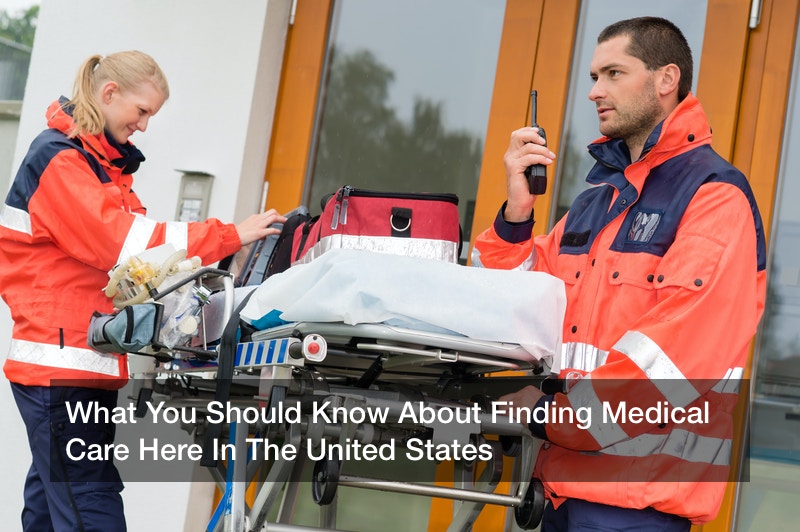How to Help a Friend With Alcohol Problems

If someone you love is struggling with addiction to alcohol, there is help, support, and therapy to be had. From the caring professionals at walk in clinics to the intervention of friends and family, no one has to live with alcoholism; and no one should.
Understanding the Problem
Almost 20% of American college students already meet the criteria for alcohol use disorder, and alcohol abuse is the #1 drug problem that we have in America. Over 50% of Americans report that they have a close relative with a drinking problem, and about 10% of the children living in the United States live with a parent who has alcohol problems. The most vulnerable among us to alcohol addiction are adults between 18 and 29 years of age; those over 65 are at the least risk. Right now, more than 7% of Americans have a problem with drinking, and over eight million people have full-blown alcoholism.
How to Help
Helping someone confront their alcoholism and detox in a safe and effective way is a challenge. Alcoholism is complex and has social aspects, personality aspects, medical questions, and a genetic component so that there’s no completely one-size-fits-all answer to the problem. One of the important ways you can help is by intervening in the life of someone you love and know has a problem. It’s important, though, to have a treatment plan all set out that you can help them get into, whether that’s a visit to detox, a discussion of detox processes with the best family doctor, or finding out about the alcoholism treatment available at local walk in clinics.
How Do I Hold An Intervention?
Again, there’s no one perfect way, but there are tried and true methods that have been shown to be generally helpful. First, talk to walk in clinics or other professionals about available alcoholism treatment options. Then, gather other concerned friends and family members. Don’t overwhelm the person with the feeling that everyone is ganging up on them; but do include enough people to show that you aren’t the only one concerned about their drinking. Have everyone in the group talk to the addict, or even read pre-prepared letters in which each person explains how the person’s drinking has affected them.
End with ultimatums, lovingly given. These should tell the addict exactly what will happen if they do nothing about their problem, whether that’s the loss of a job, separation from other family members, loss of a car, or something else that’s important to the addicted person. Forced intervention is also possible, but a licensed psychotherapist must be present and the addict must have clearly demonstrated that force is necessary and is the only way to help them.
Walk in Clinics or Hospitals
For those addicted to alcohol, sometimes the intervention of medical professionals is called for. In fact, in many cases, monitoring by professionals at walk in clinics or hospitals is preferred because there can be serious complications from alcohol abuse or alcohol withdrawal. Only 10% to 20% of alcoholics actually have withdrawal so severe that they need constant monitoring and medication, but these can be life-threatening when they do occur. The most well-known response to withdrawal is delirium tremens, or DT, which involves sudden changes to the nervous system or mental changes. Normally DT manifests within two to five days after the last drink, but it can come even up to 10 days after drinking. Thus having walk in clinics or other help in mind is a wise precaution.
If someone you love is struggling with alcoholism, they may not even realize it. It could be up to you to find out what they need, arrange a plan for treatment, and then intervene in a positive way in their life. With the right help, alcoholism is recoverable, so don’t hesitate to be that force for good in the life of your loved one.
